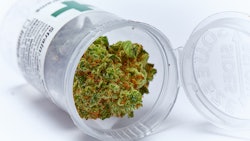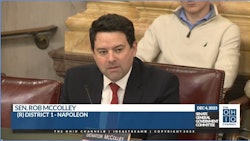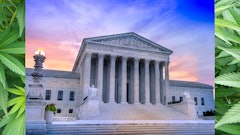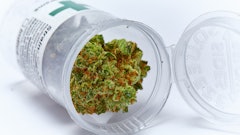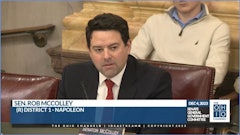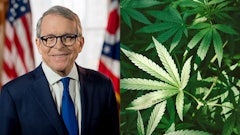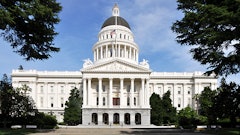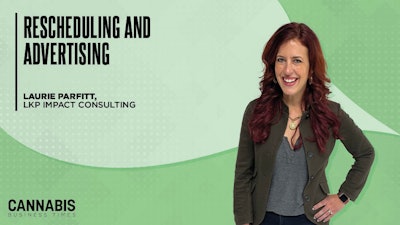
Cannabis's current classification as a Schedule I drug under the Controlled Substances Act (CSA) imposes strict legal penalties, particularly concerning advertising. Under 21 U.S.C. §843(c), it is illegal to place advertisements in publications like newspapers or magazines if the purpose is to illegally receive, buy, or distribute a Schedule I controlled substance. Violating these rules can lead to severe penalties, including up to four years in prison and/or significant fines.
In theory, if cannabis were reclassified to Schedule III, these advertising penalties would no longer apply. Schedule III drugs are subject to less stringent controls than Schedule I substances, which are deemed to have no accepted medical use and a high potential for abuse. However, the situation within the cannabis industry is far more nuanced.
The Unique Position of the Cannabis Industry
Unlike other industries that deal with Schedule III drugs—such as pharmaceutical companies, which operate under federal legality and distribute products through regulated channels like retail pharmacies—the cannabis industry operates in a much more complex legal environment. Even with rescheduling, cannabis would not become federally legal, leaving businesses in a precarious position.
Given that rescheduling does not fully legalize cannabis at the federal level, it's unclear how the Drug Enforcement Administration (DEA) will apply this change and what limitations or exclusions might accompany it. The advertising rules, which are designed for federally regulated industries, may not translate directly to the cannabis industry. Schedule III drugs generally require FDA approval before marketing and are subject to restrictions as to how they are distributed. In the event that the FDA approves cannabis for Schedule III for medical use via prescriptions, there might be changes to advertising rules. However, many unknowns still remain as this would usually require clinical trials which would be challenging for the industry.
Navigating the Patchwork of Cannabis Advertising Regulations
Currently, the regulation of cannabis advertising is fragmented, with rules varying significantly across states, counties, and municipalities. For instance, while billboard advertising might be permitted at the state level, local guidelines in certain municipalities or counties may prohibit it altogether. Similarly, digital marketing and social media face strict limitations, though some platforms and publications allow cannabis-related content under specific conditions.
Email marketing, on the other hand, is generally permissible as long as consumers have opted in, making it an effective tool for cannabis businesses to reach their audience directly. Public relations (PR) is also a valuable option, enabling cannabis companies to gain media coverage and visibility without breaching regulations. This patchwork of regulations requires businesses to carefully navigate and tailor their strategies to comply with the varying laws across different regions.
The Uncertainty Ahead
Even with the potential rescheduling of cannabis to Schedule III, cannabis businesses should not assume that the current advertising rules will change immediately. As noted above, the cannabis industry operates differently from other sectors that deal with Schedule III drugs. Since rescheduling does not make cannabis federally legal, the DEA's application of these changes remains uncertain, and businesses should proceed with caution.
Laurie Parfitt is the CEO of LKP Impact Consulting, LLC, a premier Fractional CMO firm that delivers comprehensive marketing solutions across the cannabis, CPG, and other highly regulated industries. With her extensive experience, Parfitt guides brands, operators, technology providers, and ancillary services through the complexities of digital marketing, social media, consumer insights, branding, activation, and public relations. Additionally, she is a Partner at Avicenna, a restructuring group specializing in the cannabis sector. She is a sought-after speaker, regularly sharing her insights at key industry events across the cannabis landscape.










